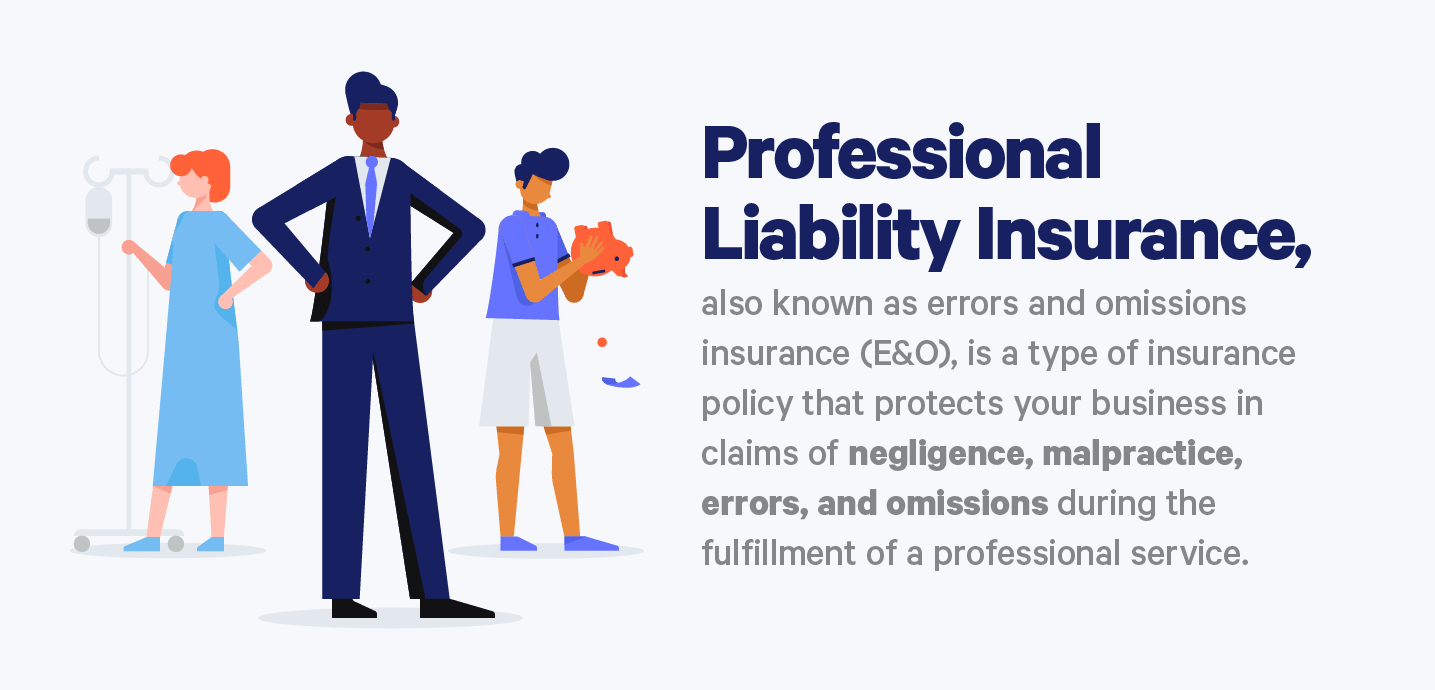General liability insurance for contractors
Property / bodily injury liability
coverage
- covers against damage to property at a location away from premises you own or rent. Legal fee coverage - lawsuits can be expensive, even if you win your case. Cgl policies often pay for the legal cost of defending your company. Kemper commercial general liability frequently asked questions
does the cgl policy offer premises coverage?
while some general liability policies offer premises coverage (property you own or rent) our general liability endorsement does not, by design.
 We crafted the endorsement to meet the needs of small business contractors, who often don’t own a brick and mortar location, and run their business out of their vehicle.
We crafted the endorsement to meet the needs of small business contractors, who often don’t own a brick and mortar location, and run their business out of their vehicle.
If someone falls while visiting your business premises or a customer is hurt by a product your business sells, you can be held responsible. That’s the risk that liability insurance covers. Liability insurance, also called commercial general liability (cgl), covers four categories of events for which you could be held responsible: bodily injury; damage to others’ property; personal injury, including slander and libel; and false or misleading advertising. Cgl coverage pays for the injured party’s medical expenses. It excludes your employees, who are covered by workers’ compensation. There are three types of legal damages people may sue you for that are typically covered by a cgl policy :.
Commercial general liability insurance is the most important cover age for a business to purchase. This coverage provides peace of mind for accidents and unexpected business happenings. Businesses, whether big or small, are at risk for being sued due to an accident on the business property or even an employee mistake. The cost for a lawsuit filed against a business owner can be very costly and if there is no commercial liability insurance coverage it could cause a business to go under. The cost is small in consideration of what could be lost if there is no coverage.
Businesses are more susceptible to law trouble, both serious and frivolous. It is possible for many things to happen in the business. You should invest in good general liability insurance to protect your business against any potential legal issues without causing financial loss or unnecessary problems. A general liability policy can be obtained for all types of businesses, whether they are a small business or a large corporation. Your employees and you are responsible for the success of your venture. It is important that your business be properly protected, not only for your own benefit but also for those who depend on your income to support their families.
General liability insurance cost
Coverage: the insurance company agrees to pay “those sums that the insured becomes legally obligated to pay” and they have a duty “to defend the insured against any suit seeking those damages”, even if frivolous or unfounded. Defense costs do not reduce your limit of insurance.
 The insuring agreement is so comprehensive in scope that nearly all of the cgl policy wording is to limit or exclude certain kinds of losses. Limits: the limit you select can usually range from $300,000 up to $1,000,000 each occurrence. To obtain a higher limit requires the purchase of an umbrella or excess liability policy.
The insuring agreement is so comprehensive in scope that nearly all of the cgl policy wording is to limit or exclude certain kinds of losses. Limits: the limit you select can usually range from $300,000 up to $1,000,000 each occurrence. To obtain a higher limit requires the purchase of an umbrella or excess liability policy.
If someone injures themselves on your property, a general liability policy could provide coverage, even in the event of a lawsuit. Let's say a guttering company's employee drops a gutter off the roof edge and hits a pedestrian walking below. Bodily injury coverage takes care of the pedestrian. Or take this case: an employee in a painting or construction business accidentally leaves water running, causing substantial water damage to a customer’s home. Liability coverage will cover the cost of stripping out flooring, repairing drywall, and erasing the damage to both the customer’s home and your credibility.
General liability insurance is rarely mandated by law. However, even if you aren’t required by law to have coverage, going without it puts you at risk of serious financial consequences if an incident occurs.
Understanding general liability insurance in today’s litigious society, even small mishaps can result in large lawsuits. That’s why general liability insurance, along with property and workers compensation insurance, is essential for most companies. Liability insurance protects the assets of a business when it is sued for something it did (or didn’t do) to cause an injury or property damage. General liability insurance can be purchased separately or as part of a business owner’s policy (bop). A bop bundles property and liability insurance into one policy; however, the liability coverage limits are generally pretty low. Businesses that need more coverage usually purchase liability insurance as a separate policy.
Get it all in a BOP
Even as a bop (business owner’s package), where cgl insurance is combined with property insurance at very reasonable rates, general liability insurance does not protect your business against every liability. If you or your employees make professional judgments and recommendations in the course of your business, ask your agent or broker about a professional liability policy in addition to a cgl policy. Professional liability insurance (also known as errors and omissions , or e&o coverage ) is a separate type of insurance that protects your business against loss from a claim of alleged negligent acts, errors or omissions in the performance of your professional services.
A general liability insurance policy does not cover business property damage (damage to your firm’s property), or protect you against claims of negligence. If your state requires you to carry workers’ compensation insurance, you must buy a separate policy. Fortunately, a bop policy also provides commercial property insurance.
A general liability policy can be purchased on its own or as part of a business owner’s policy (bop) or a commercial package policy (cpp). Depending on the risks you face, you may need to supplement the general liability policy with additional protection through a commercial excess policy (umbrella). There are two major forms of general liability coverage: occurrence – provides coverage for claims that arise out of damage or injury that took place during the policy period, regardless of when claims are made. Claims made – provides coverage for claims made during the policy period, regardless of when the wrongful act that gave rise to the claim took place.
Brunker@riskpro. Us if you are interested in obtaining a quote for general liability coverage, please complete our application. You can also contact us , at your convenience, if you wish to discuss your options prior to completing an application. Commercial general liability (cgl) is a standard insurance policy issued to business organizations to protect them against liability claims for bodily injury and property damage arising out of premises, operations, products, and completed operations; and advertising and personal injury liability. (source: international risk management institute, inc. (irmi) ) you can also obtain a business owners policy (bop), which can include the commercial general liability, property and hired/non-owned auto coverage.
General liability insurance for small businesses
General liability insurance is commonly used by businesses across sizes and industries. If you are looking to insure your business, you may be surprised to find that general liability isn’t required by state or federal laws for most businesses in the u. S. This doesn’t mean you won’t need it, however. In some cases, you will be required to carry general liability insurance by a lender or landlord. If you take out a loan for your business or rent a space for your operations, you may be required to carry general liability insurance. This is to protect those who have financial stake in your company from possible monetary loss or lawsuits in case an accident occurs during your operations.
Business is inherently risky, which is why general liability insurance is so important. At it’s core, general liability insurance is the most basic form of commercial liability coverage. It protects against many known and unknown risks many businesses are worried about. If you own a business, having general liability coverage is not optional — it’s mandatory.
Many businesses across different industries are exposed to a variety of common risks. General liability insurance is a broad liability insurance policy that safeguards businesses from several risks at once. Broadly speaking, policies offer protection from claims and lawsuits filed by third parties over covered incidents.
General liability insurance is the most important insurance coverage a business can obtain. In most cases, it is the first line of insurance purchased by a business. Gl is required by law in most states; additionally, businesses are often required to purchase coverage with most contracts for leases, loans, and work performed for others. Businesses need general liability in order to protect their business and their personal assets. There are two primary components included in a general liability policy: a) public liability, and b) product liability. Both parts of gl insurance provide coverage for property damage and bodily injury to 3rd parties, or the general public.
Is general liability insurance required by law?
If someone is accidentally injured or hurt in a way that is connected to your business, you could be required to pay their medical costs. These costs could get pretty high. For example, you’re unloading your tools from your work van and a passerby doesn’t see your toolbox and trips over it damaging their back. You could be held liable to pay for the cost of the injured person’s mris, x-rays, hospital fees, ongoing physical therapy, and more. Thankfully, general liability insurance covers these situations. Your general liability insurance protects you even if the accident is clearly not your fault.
Comments
Post a Comment